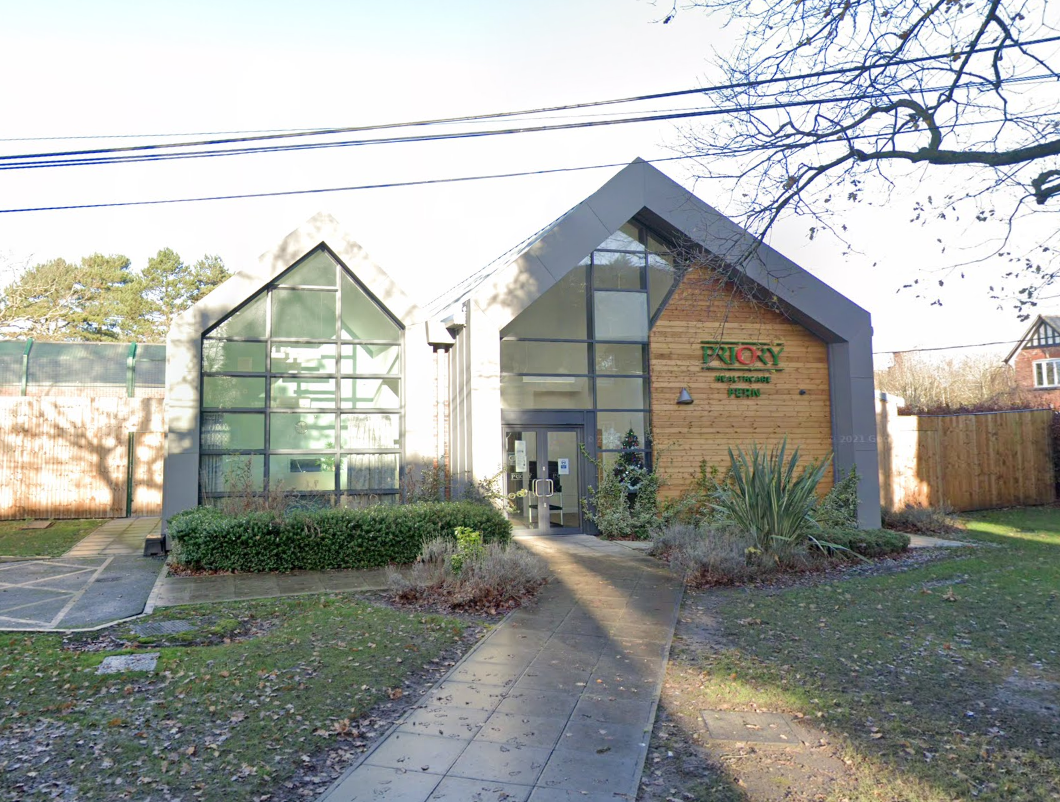A journey to independence: Lisa’s progress at Cheadle Royal Hospital
Overcoming fear, building resilience, and embracing a future beyond hospital care

Lisa* was referred to Fern Ward after 17 months in an acute hospital setting within the same hospital. Initially fearful of the transition, she has since made remarkable progress—reducing incidents, gaining independence, and setting new goals. Engaging in therapy and structured support, she has moved towards a more fulfilling life, starting a University degree and exploring career opportunities.
Fern Ward is a 10-bedded unit for females aged 18 and over, providing support for individuals struggling with emotional regulation, interpersonal challenges, suicide, and self-harm. We offer a full dialectical behaviour therapy (DBT) programme, combined with psychiatry, occupational therapy, and nursing care. All staff are either DBT-trained or working towards this qualification. The service primarily supports individuals diagnosed with personality disorder and/or post-traumatic stress disorder (PTSD), particularly those with a history of multiple PICU or acute admissions, who require intensive therapy to sustain future community living.
Lisa* was diagnosed with emotionally unstable personality disorder (EUPD), an eating disorder, and autism spectrum disorder (ASD) when admitted to Alder Ward, Cheadle’s acute service. She had a long history of self-harm and suicide attempts, starting at age 12, which became more prevalent in her late teens.
Before her admission to Alder, Lisa had a known risk history, including attempted suspended ligatures, ingesting bleach, drug overdoses, and attempts to jump from a roof. She had also previously ordered harmful substances with the intent of suicide.
Although she made progress, she continued to struggle with low mood, suicidal ideation, self-harm, and difficulty identifying and managing her emotions. She remained highly dependent on staff, with a continued high number of incidents. She was under level 3 2:1 observations, for an extended period and remained on this level when referred and admitted to Fern Ward.
Upon referral, Lisa expressed to her key nurse that she was terrified of the transition to Fern. She feared coming off enhanced observations too soon, being triggered by alarms or other patients, and struggling to trust staff, potentially leading to premature discharge.
In her first six months at Fern, incidents reduced, and she progressed to level 2/60 observations. She engaged with Fern’s DBT and occupational therapy programme, built up to unescorted and overnight leave, and pursued her goal of working for Disney, securing job interviews.
There were some setbacks and for a short period, incidents increased. However, their nature and frequency significantly reduced as the team supported her in applying DBT skills to accept this disappointment and refocus on new goals. She is now having overnight leave, experiencing fewer incidents, developing a stronger sense of self and agency, and gaining independent living skills.
Lisa started a university degree in psychology via distance learning and is exploring alternative career paths. She has also launched her own YouTube channel and created several blogs.
*Name has been changed to protect identity